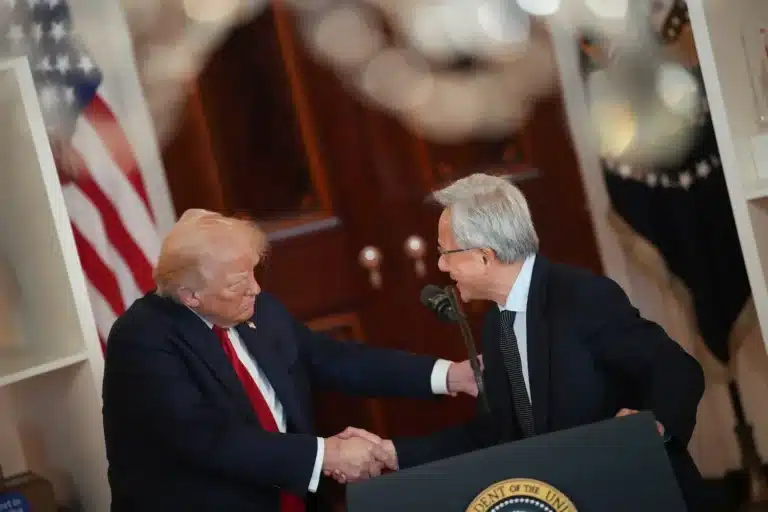Could a strategic lithium reserve kickstart US supply chain development?
NEW YORK -- A strategic lithium reserve is being mooted as a solution to stabilize volatile prices that have hindered American mining projects, allowi
Current Access Level “I” – ID Only: CUID holders, alumni, and approved guests only
The Federal Energy Regulatory Commission, known as FERC, regulates interstate transmission of natural gas, oil, and electricity. For decades, FERC has played a key role in energy policy but often labored in obscurity. Today, FERC stands squarely at the heart of some of the biggest energy policy issues that we face in this country: pipeline capacity, cyber attacks, the role of natural gas in the energy transition, and issues of grid reliability and resilience as we transition to a more distributed and lower carbon electricity grid composed of more renewable energy.
In this edition of Columbia Energy Exchange, host Jason Bordoff is joined by Cheryl LaFleur, a nationally recognized energy leader and one of the longest serving commissioners at FERC, having served from 2010 until August of this year. She was appointed by President Obama as chairperson both for 2014-15, and also served as acting chair from 2013-14, and was again named chair in 2017. She is the only person to leave FERC twice, under two different administrations.
Cheryl joined FERC after a long career in the northeast utility industry, retiring from her role as Executive Vice President and acting CEO of the utility company National Grid, which serves electricity to over 3 million customers. She most recently stepped down from her role at FERC and was elected to the Board of Directors of ISO New England, an independent nonprofit that operates and plans the power system and administers wholesale electricity markets for New England.
Jason sat down with Cheryl to discuss the changes she saw at FERC during her tenure, the role of natural gas in the energy transition, what FERC can do to address climate change, and much more.
Over the past week, President Trump has intensified pressure on Venezuelan president Nicolás Maduro by targeting the regime’s economic lifeline—oil. The United States has seized two oil tankers...

If it seems like you're hearing a lot more about geothermal energy lately, that's because this clean, firm energy source is at a technological turning point. With roots...
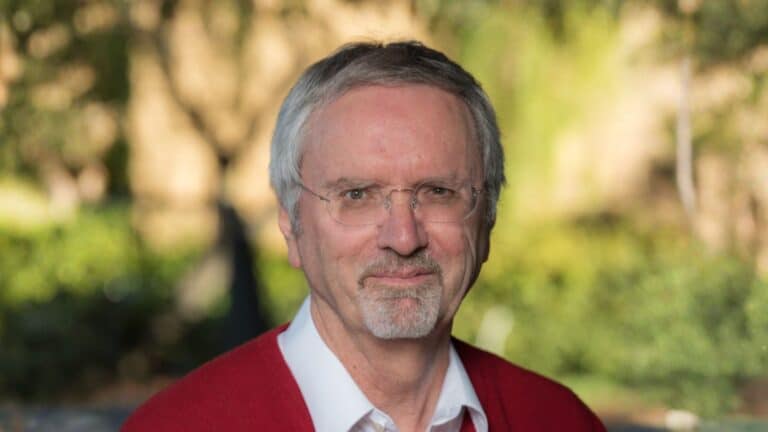
Investment in clean energy technologies is on course to hit a record $2.2 trillion this year, according to the International Energy Agency. That’s more than twice the amount...
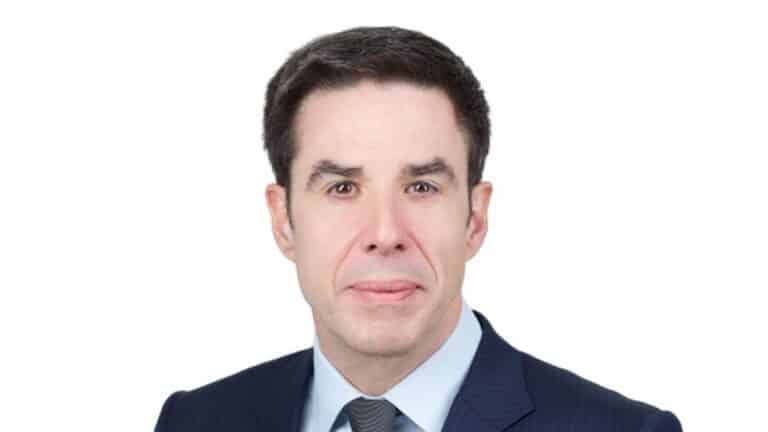
The national conversation around climate change is shifting. There’s more focus on energy affordability and demand, as well as on the dual role artificial intelligence plays as both...

This Energy Explained post represents the research and views of the author(s). It does not necessarily represent the views of the Center on Global Energy Policy. The piece...
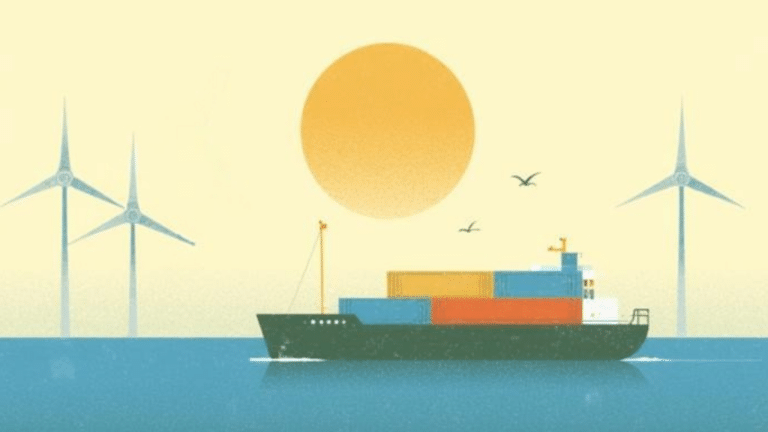
Geopolitical uncertainty associated with Russian gas exports could swing the range of those exports by an estimated 150 bcm per year.
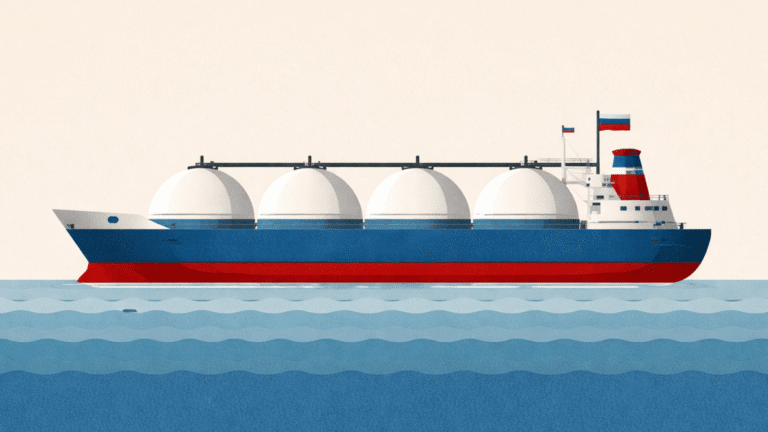
From the east to west and north to south, in red states and blue states, attention to data centers is skyrocketing in state capitals across the United States.
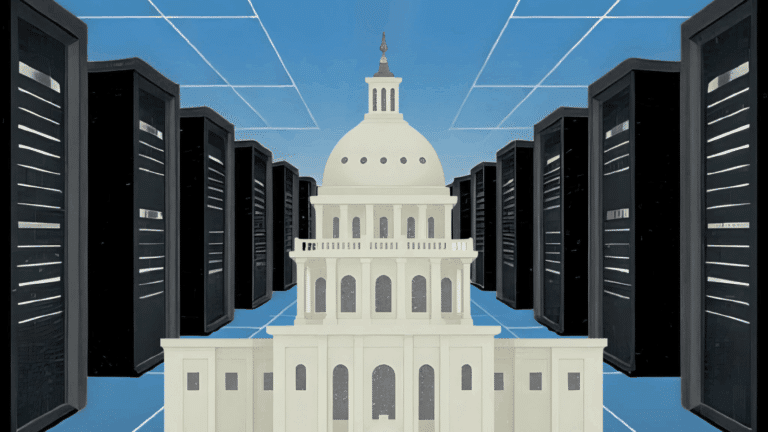
Trump’s latest proposal would cede the United States’ AI advantage.
